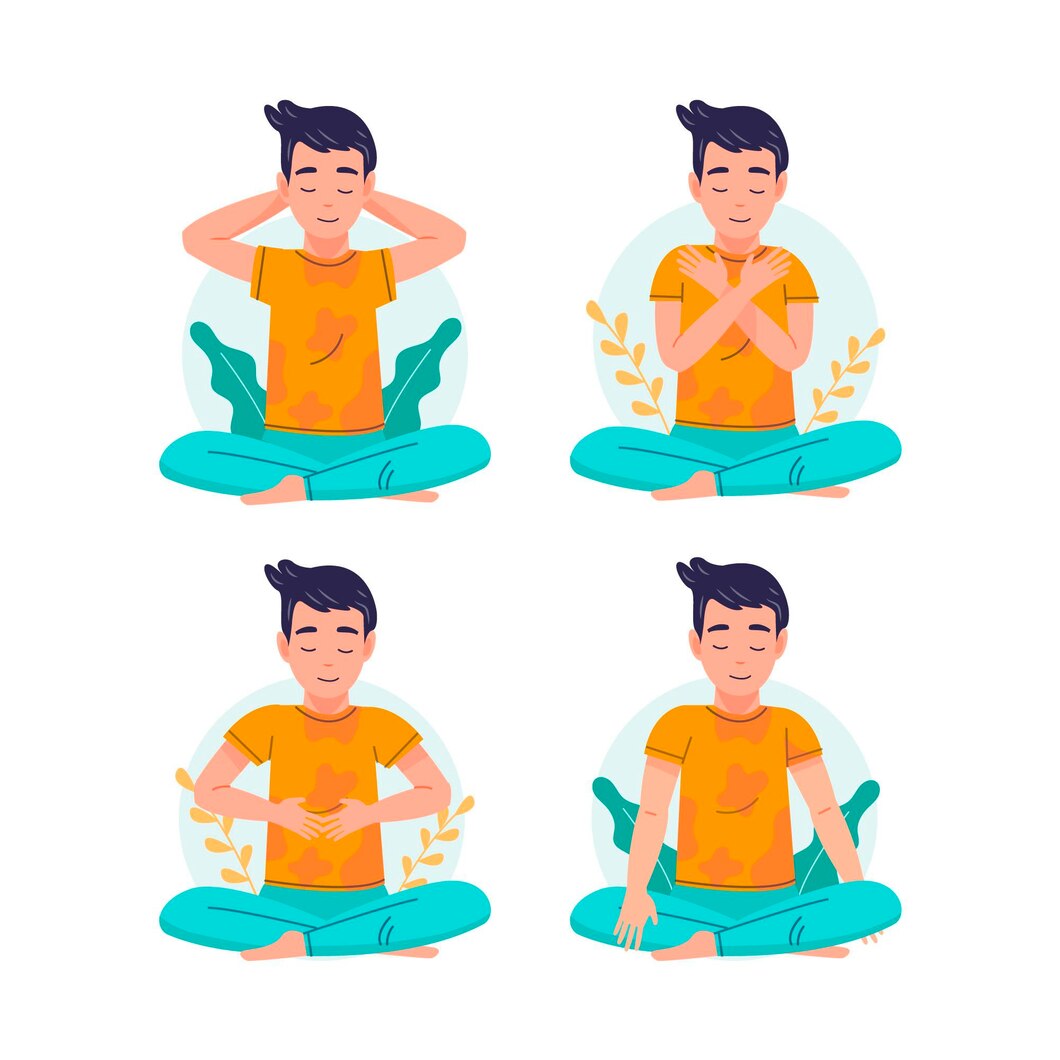There are certain habits that psychiatrists assess and recommend to improve or add to their routine for promoting better mental well-being. These include prioritizing a consistent sleep schedule, engaging in regular physical activity such as exercise, and maintaining a healthy and balanced diet, etc.
Read below some of the most basic yet effective habits to incorporate into your routine for all ages.
5 PSYCHIATRIST RECOMMENDED HABITS FOR BETTER MENTAL HEALTH
The following are the standard practices or habits that one should be mindful of:
-
Quality Sleep
For adults, sleeping for 7-9 hours of quality sleep per night is essential, as sleep plays an important role in both physical and mental restoration. Additionally, sleeping and waking up at the same time every day can help establish a proper sleep schedule, which improves its quality and helps with feeling refreshed and focusing better on daily tasks.
-
Physical Activity
Physical activity in the form of exercise or walking, or jogging for as much as 30 minutes per day can significantly improve the mental well-being of a person. This has a positive impact on the body and the mind as the body releases endorphins, which have mood-enhancing effects, and it can also help regulate sleep and lower stress levels.
-
Balanced Diet
Your diet may lead to poor mental health, especially if you rely on junk and processed foods with little to no healthy foods. A balanced diet is key to improved physical and mental health. Be mindful of anything in excess, such as sugar intake. Avoid eating junk food daily and add whole, unprocessed foods for higher energy levels.
-
Social Connection
For optimal mental health, it is important to interact with others and foster social connections, especially with people who are optimistic. Spend time with your loved ones, share your problems and express your feelings, especially when you feel depressed. These meaningful connections can help manage poor mental health concerns.
-
Meditation Techniques
Lastly, practicing relaxation techniques like meditation or deep breathing exercises can help manage stress and anxiety. Take time every day to meditate or when you feel frustrated or have negative thoughts, such as overthinking, this can help with it.
Mental Health and its Effects
While mental health conditions and their effects vary from individual to individual, and these psychiatrist recommended habits may not alone treat the illness, but they certainly improve the mental health of a person.


